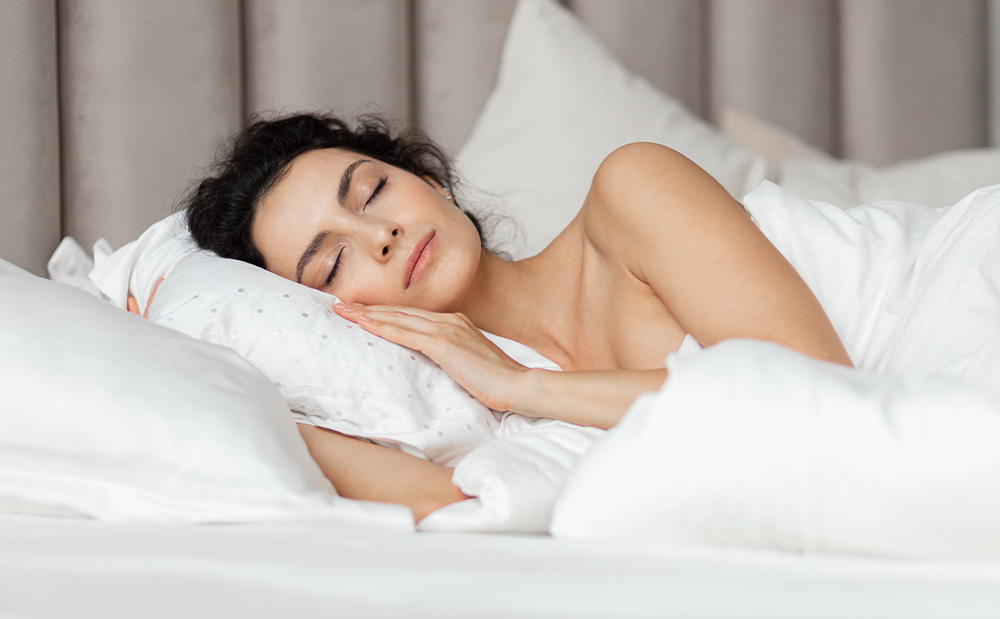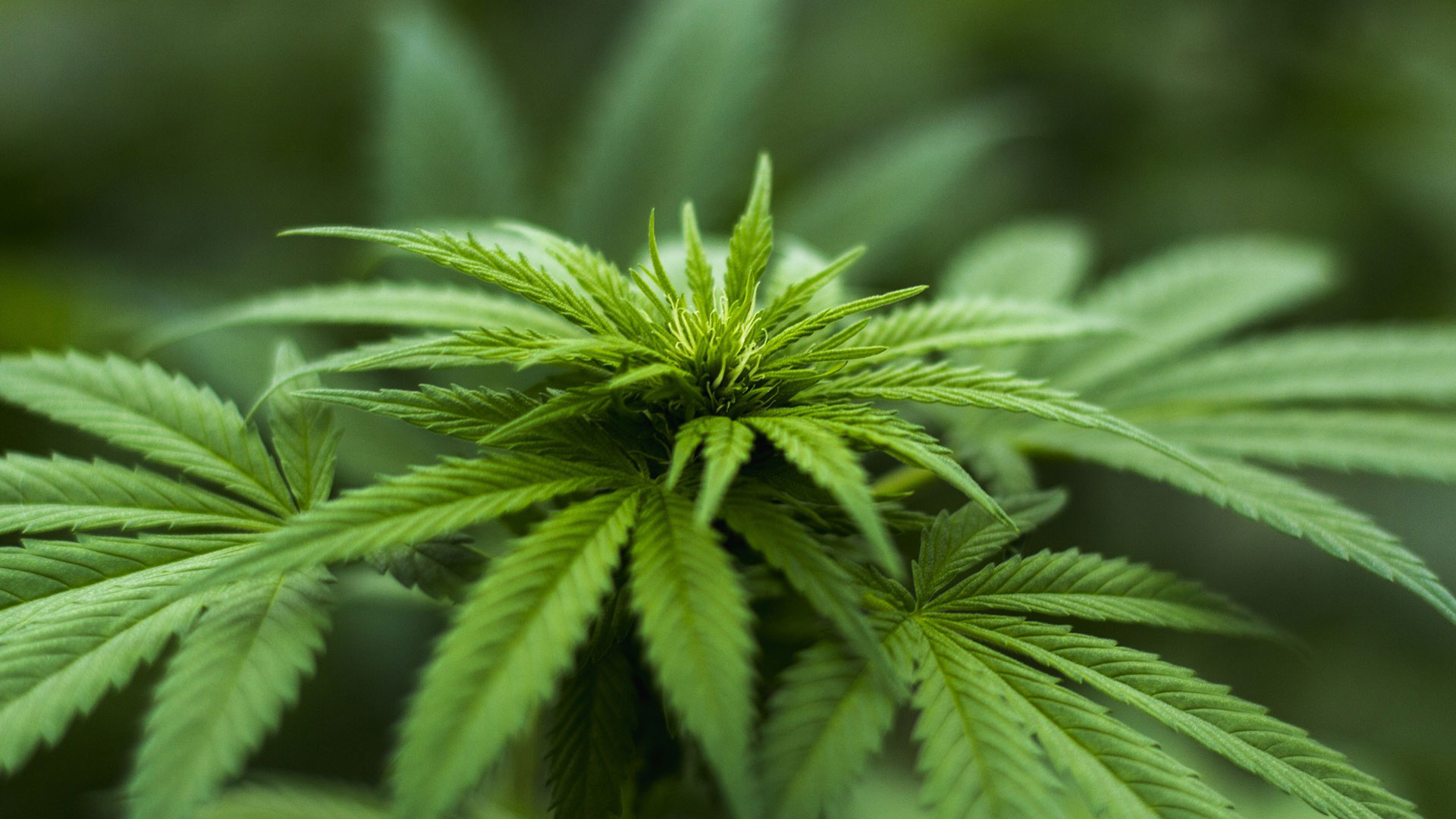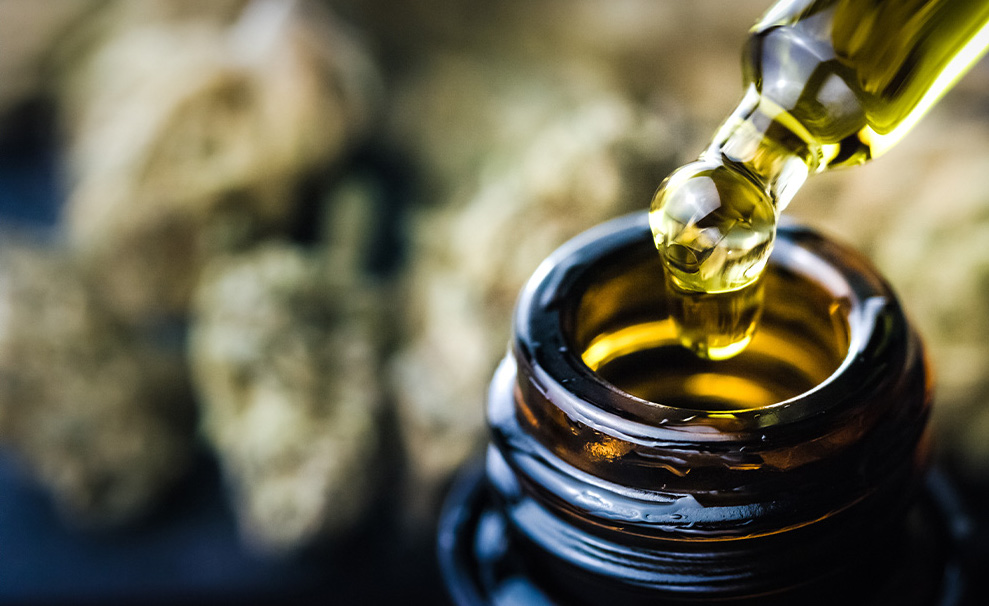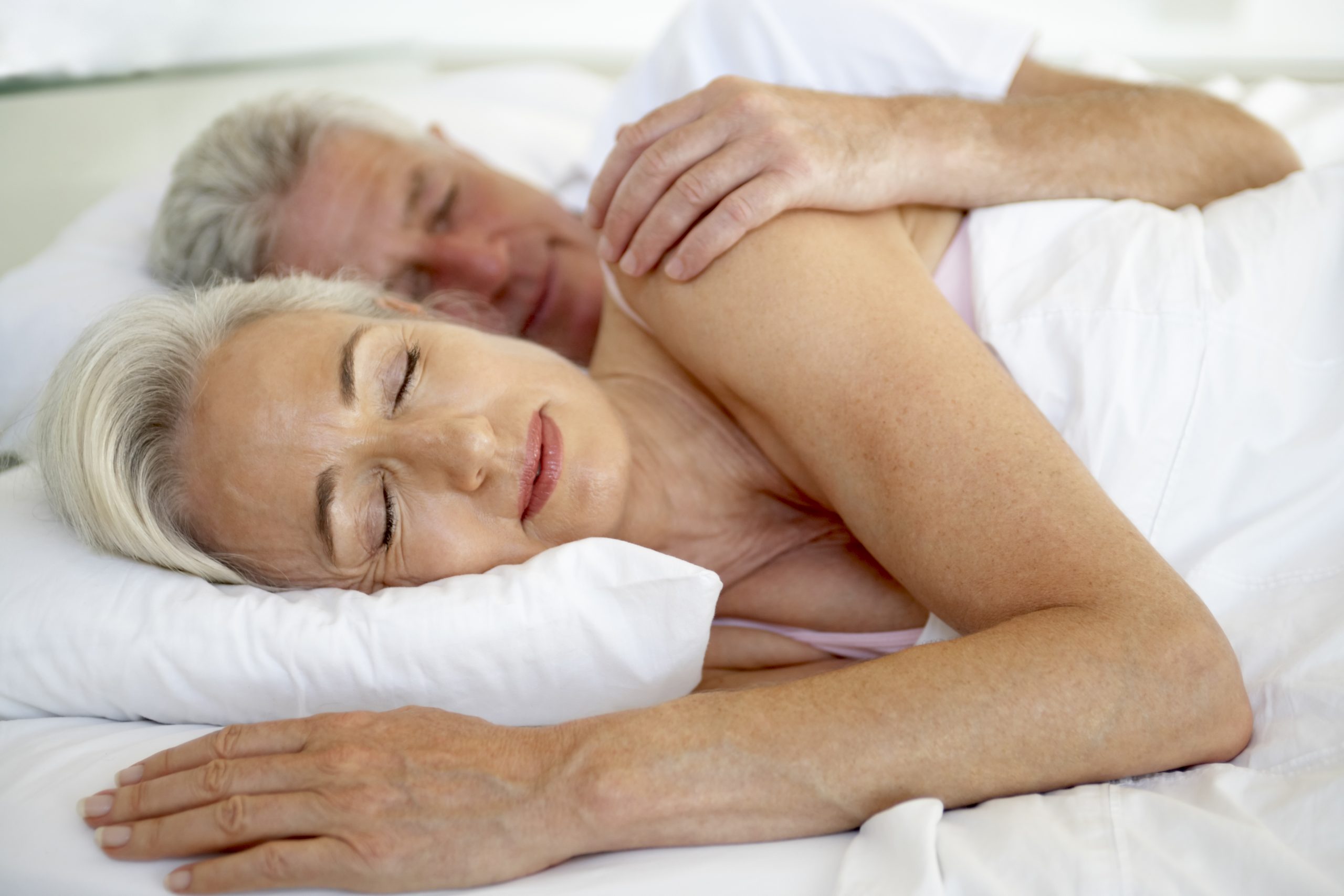
Research into psychedelics and their effects on the broad spectrum of our health and wellness has apparently been a thing since 1955. (1) If we scour the internet, we can find plenty of studies that have examined the potential therapeutic benefits of micro-dosing psychedelics on mood, mental health, cognition, creativity, and personality — so nothing new to see here. What is new is research that pulls the covers back on LSD micro-dosing and sleep.
Subscribe Today
Because getting a good night’s sleep shouldn’t be a chore. Get the latest news, deals, and product reviews weekly.
More specifically, researchers in New Zealand recently conducted and published the results of a Phase I trial examining the effects of micro-dosing of lysergic acid diethylamide (LSD) on sleep duration and architecture — and the results were, shall we say, eye-opening? (2)
The Study
The randomized controlled trial featured 80 healthy male adults who received a 6-week course of LSD microdoses (10 µg) or placebo, self-administered every third day. While most of us are familiar with the psychedelic effect of LSD, Nathan Allen, the study’s lead researcher, tells Sleepopolis that using a dosage below that which would typically induce hallucinations and bumping up the frequency are important aspects of the study.
“Micro-dosing is when someone takes a smaller amount of a drug than they would typically take for a normal dose, normally around one-tenth of the amount,” he says. “Typically, you want the amount to be just on the edge of perception for the person. They’ll generally take it more frequently as a result (twice a week, in our case) in order to try to ‘smooth out’ the effects rather than have massive peaks.”
To minimize any potential sleep disruptions, participants were asked to administer their dose before 11 a.m. on dosing days, and each one was given a commercially available sleep/activity tracker (Fitbit Charge 3/4 ) that synced sleep and activity data for the duration of the study. Incidentally, Fitbit data separates sleep into four sleep states: “REM,” “deep,” “light,” and “awake.”
In total, researchers analyzed Fitbit data across 3231 nights
- 503 nights of baseline data
- 935 nights of dosing day data
- 927 nights the day after dosing
- 866 two nights after micro-dosing
LSD Micro-Dosing Increases REM Sleep and Total Sleep Time
Ultimately, the data analysis revealed that the night after LSD micro-dosing, there was a significant increase in
- REM sleep (+8.13 minutes),
- Time asleep (+ 21.1 minutes)
- Total sleep time (+24.3 minutes)
Additionally, the researchers also found that participants in the LSD group went to bed significantly earlier (around 25.17 minutes) the night after microdosing, but no significant change was observed in wake-up time.
Regarding the delay in the micro-dosing effect, Allen says. “At this stage we’re not sure why exactly the effect was delayed until the night after. One potential hypothesis is due to the pharmacology of LSD and the way it interacts with the body with a relatively long half-life.”
Noting that the delayed effect of LSD micro-dosing is indeed interesting, Dr. Sean Ormond, a dual board-certified doctor in Anesthesiology and Interventional Pain Management, says it may be due to a few reasons, including
- Gradual Accumulation: “Psychedelics might have subtle effects on brain chemistry that build up over time, even with small doses,” he says. “The impact might become more noticeable after a few microdoses.”
- Sleep-Dependent Processing: “The sleep cycle plays a crucial role in memory consolidation and emotional processing,” he says. “Perhaps the microdose influences brain activity during sleep, leading to the observed effects the following night.”
What Can 24 Extra Minutes of Sleep Mean?
For those who regularly miss the mark on healthy sleep, Ormond says, “Longer sleep duration generally indicates better sleep quality.” From there, we can surmise that an extra 24 minutes of total sleep time could be a game-changer. Ormond says, “increased daytime alertness and improved mood” could be just a few of the upsides.
However, the findings around increased REM sleep may be a little more tricky to dissect. While we know very little about what more REM sleep could mean, Ormond says, “REM sleep is essential for memory consolidation, learning, and emotional regulation. More REM sleep could potentially enhance these functions.” (3)
LSD Micro-dosing, Sleep, and Mental Health
While Allen indicates that it’s a bit difficult to connect the dots between LSD micro-doing and the potential benefits for the average sleeper, Ormond says, “This research could have significant implications for treating sleep and mental health disorders.” He adds, “If microdosing is proven to improve sleep quality and REM sleep duration, it could be a potential treatment option for insomnia or other sleep disturbances.”
We’ll add here that in their discussion of the study, the authors noted that “Anecdotally, microdosing users have consistently reported improvements in depressive symptomology,” and they go on to suggest that “modifications to sleep” may be the missing link between the two. (2) To this, Ormond says, “Given the potential link between REM sleep and emotional regulation, microdosing might be explored as a complementary treatment for depression, anxiety, or PTSD.”
This Is Just The Beginning
While Allen notes the difference they found in total sleep time (24 minutes) “would be classed as clinically significant,” he’s hesitant to make sweeping generalizations due to the limitations of the study. “It’s important to note that this study involved only healthy males, and both the LSD and placebo groups were still generally within a healthy amount of sleep (which is typically seen as 7-9 hours),” he says.
As to what’s next, Allen says, “The overall study that this research was a part of is to investigate the suitability of psychedelic micro-dosing as a possible treatment for depression. This is just the first phase. The next phases of the study involving depressed individuals are currently ongoing involving depressed individuals, and we hope to be able to share more about them shortly!”

Common Natural Sleep Aids & Supplements

Smoking a Little Too Much Weed? This Might Lead to Loss of Sleep, a New Survey Shows

Your Guide to CBD for Sleep

More Seniors Are Reaching For Cannabis to Ease Sleep Issues, But Is It Safe?
Sources
1. Vince Polito, Paul Liknaitzky. The emerging science of microdosing: A systematic review of research on low dose psychedelics (1955–2021) and recommendations for the field. Neuroscience & Biobehavioral Reviews. Volume 139, 2022, 104706, ISSN 0149-7634,
https://doi.org/10.1016/j.neubiorev.2022.104706.2. Allen, N., Jeremiah, A., Murphy, R. et al. LSD increases sleep duration the night after microdosing. Transl Psychiatry 14, 191 (2024). https://doi.org/10.1038/s41398-024-02900-4
3. Frazer, M.A., Cabrera, Y., Guthrie, R.S. et al. Shining a Light on the Mechanisms of Sleep for Memory Consolidation. Curr Sleep Medicine Rep 7, 221–231 (2021). https://doi.org/10.1007/s40675-021-00204-3
Allen, Nathan. Author interview. April 23, 2024.
Ormond, Sean. Author interview. April 23, 2024.
